Do gaming monitors get hot
Yes, gaming monitors do get hot. This is because they have a lot of high-powered hardware in them that generate a lot of heat. The heat generated by the monitor can cause the monitor to become hot to the touch. This is not a problem, as long as the monitor is properly ventilated. If the monitor is not properly ventilated, the heat can build up and cause the monitor to malfunction.
Don’t get burned by your gaming monitor!
Gaming monitors can get pretty hot, especially if you’re using one for hours at a time. If you’re not careful, you can easily end up with a heat-related injury. Here are some tips to help you stay safe:
1. Take break every so often to give your monitor a chance to cool down.
2. If your monitor starts to feel hot, move it to a cooler location.
3. Don’t touch the screen when it’s turned on – the surface can get quite hot.
4. Make sure there’s plenty of ventilation around your monitor to help dissipate the heat.
By following these simple tips, you can avoid getting burned by your gaming monitor!
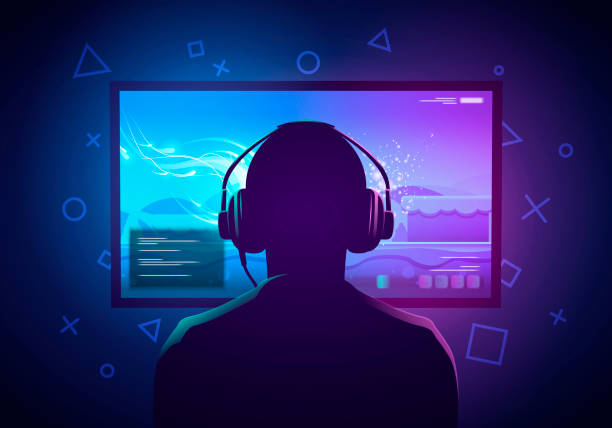
Gaming monitors: How hot do they get?
Most people don’t realize how important the monitor is to their gaming experience. The quality of the image, the size of the screen, and the refresh rate all play a role in how much fun you have while playing. But there’s one other factor that can affect your gameplay, and that’s how hot your monitor gets.
You might not think about it, but the heat generated by your monitor can have an impact on your gaming performance. If your monitor gets too hot, it can start to lag or even shut down completely. This can be a major problem if you’re in the middle of a crucial battle or boss fight.
So how do you keep your monitor cool?
There are a few things you can do to help minimize the amount of heat generated by your gaming setup.
I nearly set my house on fire!” The dangers of gaming monitors Modern video games are incredibly demanding on hardware, and gaming monitors are no different. They tend to be packed with features and run at high resolutions, which can put a lot of strain on the components. So, do gaming monitors get hot?
It’s a valid question, especially considering that other electronic devices like laptops can get quite warm when used for gaming. The short answer is yes, gaming monitors can get hot – but not to the point where it’s dangerous or uncomfortable.
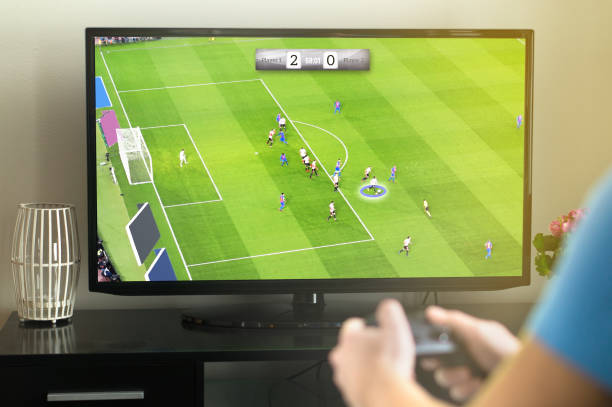
Do gaming monitors get hot?
When you’re gaming, you want the best possible experience. That means having a great monitor. But do gaming monitors get hot?
Here’s what you need to know. Gaming monitors do get hot, but not as hot as some other types of monitors. They use more power, which generates more heat. But they also have built-in features that help keep them cool.
So, if you’re looking for a great gaming monitor, don’t worry about it getting too hot. Just make sure it has good cooling features.
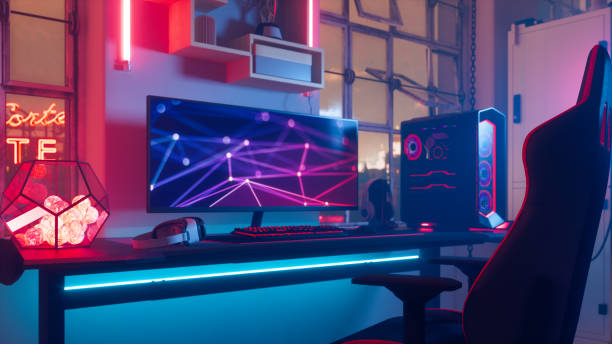
Is your gaming monitor too hot?
As a PC gamer, you want your games to look as good as possible. But if your gaming monitor is too hot, it can not only affect your gameplay, but also damage your hardware.
Here are a few things to keep in mind when it comes to your gaming monitor and temperature:
-Most monitors have a maximum operating temperature of around 113 degrees Fahrenheit.
-If your room is particularly warm, or if you live in a hot climate, this can cause your monitor to overheat.
-You can avoid this by making sure that there is adequate ventilation around your monitor, and by keeping it at a moderate temperature.
-If you notice that your monitor is getting too hot, you can try turning down the brightness or using a fan to cool it down.
Why do gaming monitors get so hot?
When it comes to tech, there are a lot of different factors that can contribute to heat. In the case of gaming monitors, one of the main reasons they tend to get hot is because they tend to have higher refresh rates.
This means that the screen is redrawing itself more often, which in turn causes the monitor to put out more heat.
Additionally, gaming monitors tend to be used for longer periods of time than other types of monitors, which can also lead to them getting hotter.
One way to help keep your gaming monitor from getting too hot is to make sure that it has good ventilation.
This means that you should avoid putting it in a enclosed space where the air can’t circulate.
Additionally, you may want to consider using a fan or other cooling device to help keep the air moving around your monitor and prevent it from overheating.
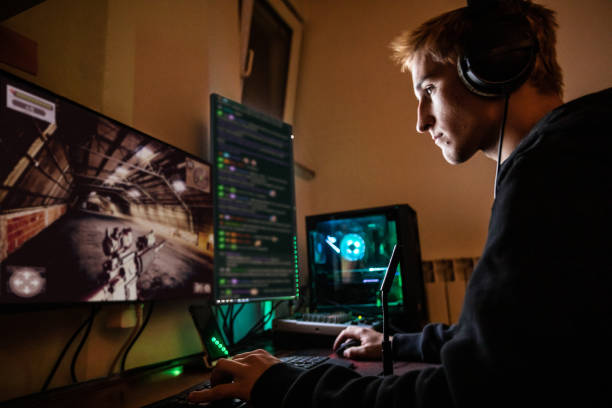
How often do gaming monitors get hot?
It’s a common misconception that gaming monitors get hot. In reality, they don’t get any hotter than any other type of computer monitor. The reason people think they do is because they tend to have high refresh rates and use more power than other monitors, so they generate more heat.
However, this doesn’t mean you should leave your gaming monitor on all the time. Like all electronics, they do generate some heat when in use, and it’s important to give them a break every now and then to prevent overheating. It’s also a good idea to keep them in a well-ventilated area so the heat can dissipate properly.
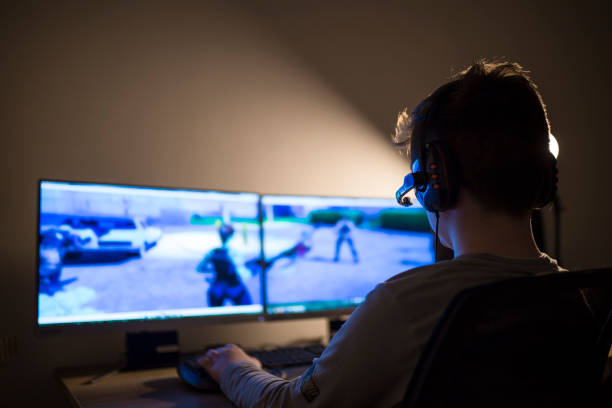
How can I prevent my gaming monitor from getting hot?
When you’re gaming, you want your monitor to perform at its best. But if it gets too hot, that can affect its performance. So how can you prevent your gaming monitor from getting hot?
Here are a few tips:
1. Make sure your monitor is properly ventilated. If it’s cramped up against other electronics or in a tight space, the airflow can be restricted and cause your monitor to overheat.
2. Keep the room temperature cool. If it’s too hot in the room, that can contribute to your monitor getting hot.
3. Use a fan to help circulate air around your monitor. This will help keep it cool and prevent overheating.
4. Make sure your graphics card is properly cooled as well.
What are some tips for cooling a gaming monitor? As any PC gamer will tell you, one of the most important parts of a gaming setup is the monitor.
Not only do you need a large screen to see all the action, but you need a high-refresh-rate and low-response-time display to keep up with the fast pace of today’s games.
But there’s one more factor to consider when choosing a gaming monitor: does it get hot?
What are the best gaming monitors for hot temperatures?
When it comes to gaming monitors, there are a few things to consider. One is how well the monitor can handle hot temperatures.
Some monitors are designed for specific gaming conditions and can function well in extremely hot weather. Others may overheat and shut down, or produce image artifacts.
The best gaming monitors for hot weather conditions are those that have been designed specifically for use in high heat environments.
These monitors usually have special cooling features that help them stay cool even when things start to heat up.
They may also have higher refresh rates and lower response times to help ensure smooth gameplay even in the most challenging conditions.
If you’re looking for a gaming monitor that can handle the heat, be sure to check out some of the options specifically designed for high temperature operation.
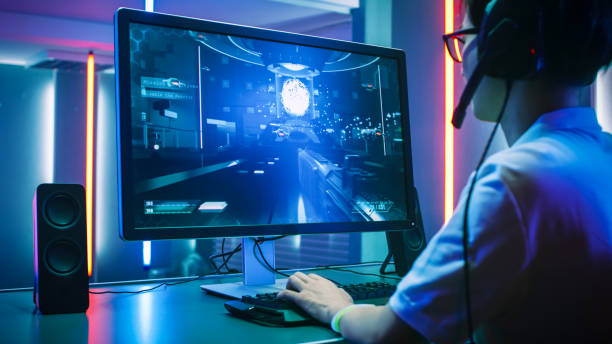
What are the best gaming monitors for gamers who sweat a lot?
Many gamers sweat a lot while gaming, and this can cause issues with monitors. The best gaming monitors for gamers who sweat a lot are those that have good ventilation and cooling systems.
Some monitors even have special features like built-in fans to keep the monitor cool.
It is important to find a gaming monitor that won’t overheat, as this can lead to damaging the monitor or causing discomfort to the gamer.
Overheating can also cause input lag, which can be frustrating for gamers who are trying to compete at a high level.
There are many different gaming monitors on the market, so it is important to do some research before making a purchase.
Make sure to read reviews from other gamers who sweat a lot, as they will be able to give you honest feedback about which monitors work well and which ones don’t.
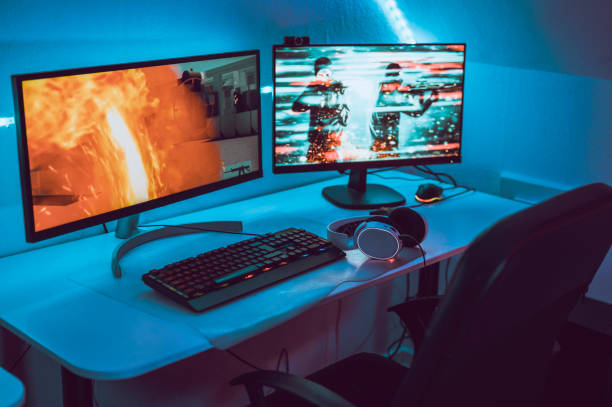
What are the best gaming monitors for gamers who live in hot climates?
It’s no secret that gaming monitors can get pretty hot, especially during those long gaming sessions. But for gamers who live in hot climates, it’s even more important to choose a monitor that won’t overheat. Here are some of the best gaming monitors for gamers who live in hot climates:
1. Acer XB241H bmiprz 24-Inch Gaming Monitor: This monitor is designed with an advanced thermal management system that keeps it cool even during intense gaming sessions.
2. ASUS ROG Swift PG279Q 27-Inch Gaming Monitor: This monitor also features an advanced cooling system that includes a dust-resistant design and dual fans for superior airflow.
3. Yes, gaming monitors do get hot, but not as hot as some people might think. The reason gaming monitors get hot is because they are constantly outputting a higher frame rate than a standard monitor.
This means that the pixels are being refreshed more often, which in turn generates more heat. However, this heat is dissipated quickly and does not pose a threat to the monitor or the user.
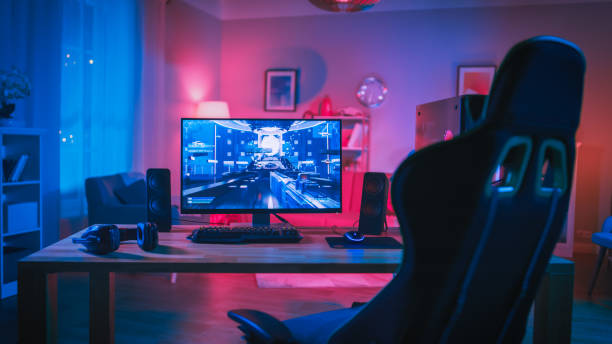
Is it normal for a gaming monitor to get hot?
No, it is not normal for a gaming monitor to get hot. If your monitor is getting hot, there are a few things you can do to fix the problem.
First, make sure that your monitor is not overheating. You can do this by checking the temperature of the room and making sure that it is not too hot. If it is, turn on a fan or open a window to cool down the room.
Second, check to see if your monitor is plugged into an outlet that is too hot. If it is, unplug it and plug it into a different outlet.
Third, make sure that your monitor’s settings are not set too high. If they are, turn down the brightness and contrast.
Fourth, clean your monitor with a soft cloth.
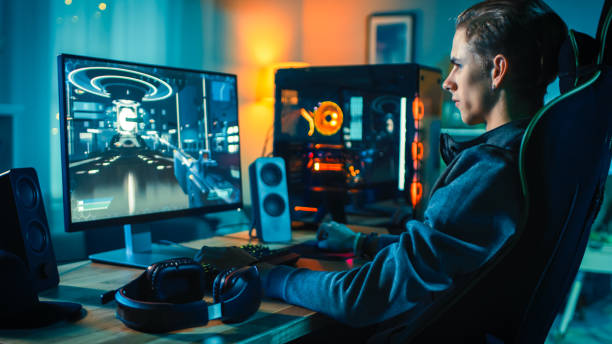
Is it OK if my monitor gets hot?
Yes, it is perfectly fine if your monitor gets hot. Just like any other electronic device, your monitor will generate heat while in use.
The heat generated by the monitor is typically dissipated by internal fans and vents. So as long as your monitor has these features, you don’t have to worry about the heat damaging the device.
That said, there are a few things you can do to help keep your monitor cool. If you notice that your monitor is getting very hot, you can try moving it to a cooler location.
You can also try using a fan to blow air directly on the back of the monitor. Just be careful not to block the vents on the side or back of the device.
Do 144Hz monitors get hot?
We’ll take a look at whether or not these types of monitors tend to overheat, and what you can do about it if your monitor does get too hot.
Just like any other electronic device, a 144hz monitor can potentially overheat if it’s not properly ventilated. If you’re noticing that your monitor is getting unusually hot, there are a few things you can do to help cool it down.
First, make sure that the room where your monitor is located isn’t too hot. If it is, move the monitor to a cooler location. Second, check to see if the monitor is blocking any of its own vents. If it is, rearrange things so that the vents are no longer obstructed.
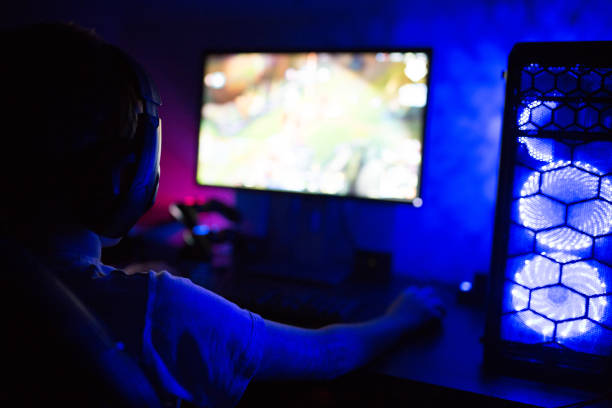
How much heat do monitors give off?
Monitors give off heat in order to function. The amount of heat produced by a monitor depends on its size and resolution. Gaming monitors tend to produce more heat than regular monitors because they have higher resolutions and require more power to operate.
Most monitors generate between 60 and 85 watts of heat. Larger monitors or those with higher resolutions may generate more heat, up to 100 watts.
gaming monitors can generate even more heat, up to 150 watts. The amount of heat generated by a monitor does not vary significantly from one model to another within the same manufacturer.
The average room temperature is about 70 degrees Fahrenheit (21 degrees Celsius). When a monitor is turned on, it will increase the temperature of the room by a few degrees. If the room is already warm, the monitor will make it warmer.
Conclusion Do gaming monitors get hot
In conclusion, gaming monitors do tend to get hot, but there are ways to prevent this. By using a monitor stand, keeping the room cool, and cleaning the monitor regularly, you can extend the life of your gaming monitor and keep it functioning properly.
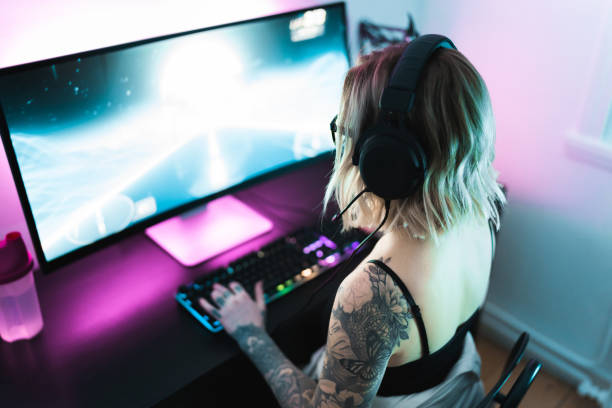



Leave a Reply
You must be logged in to post a comment.